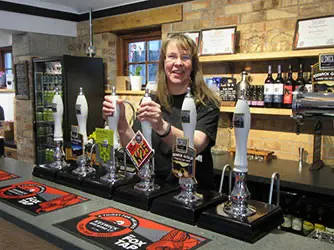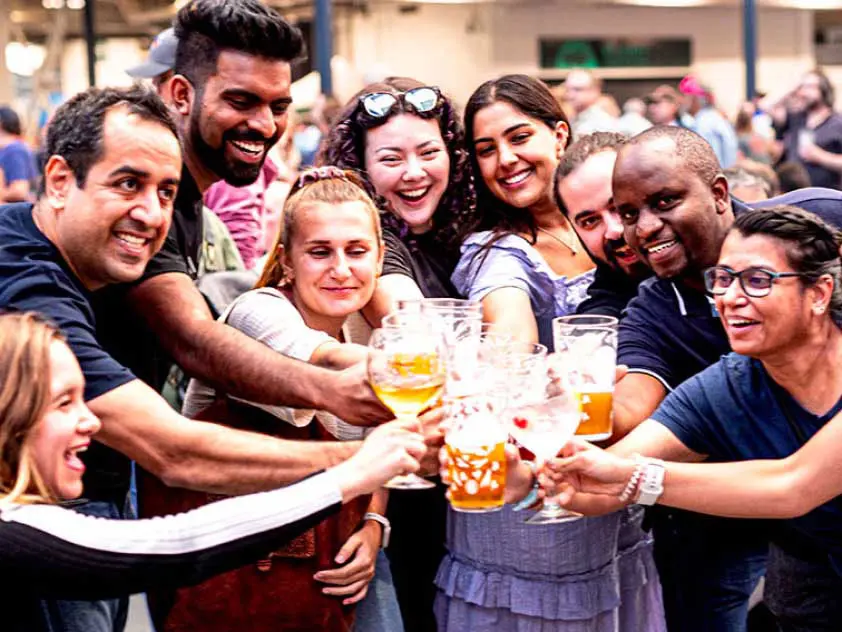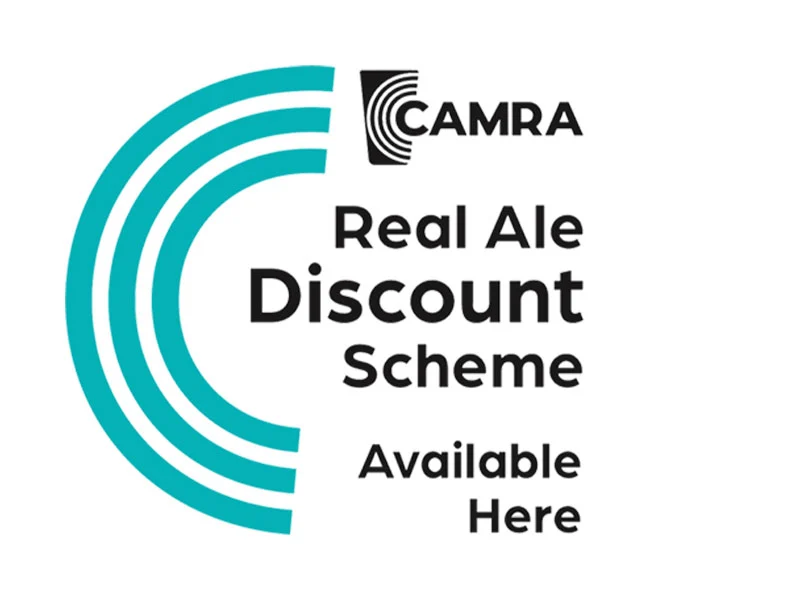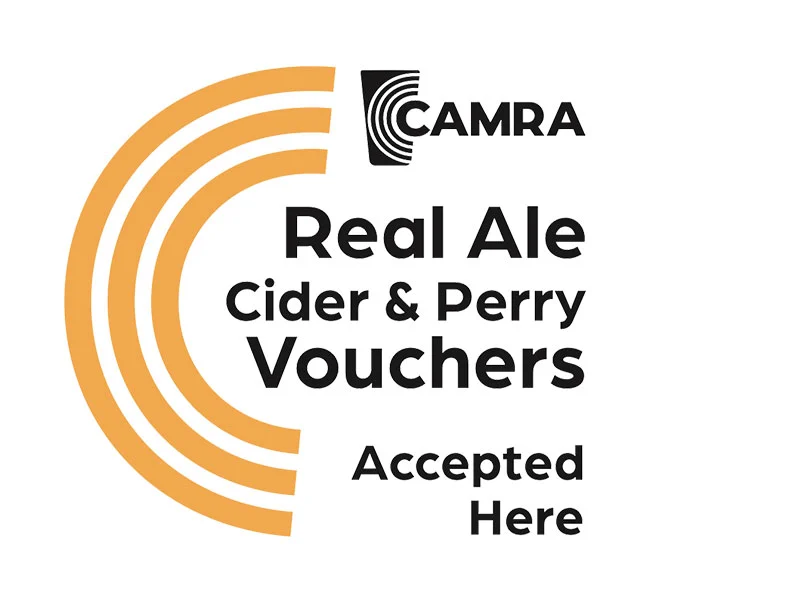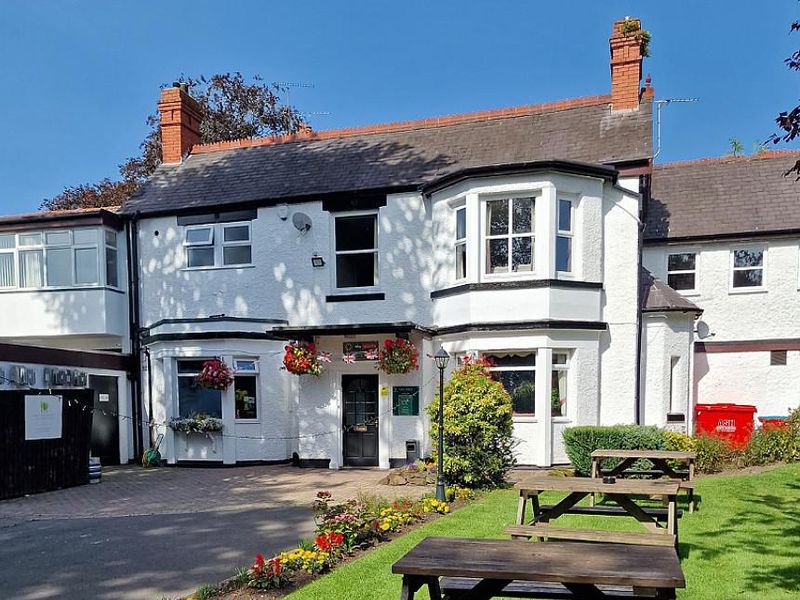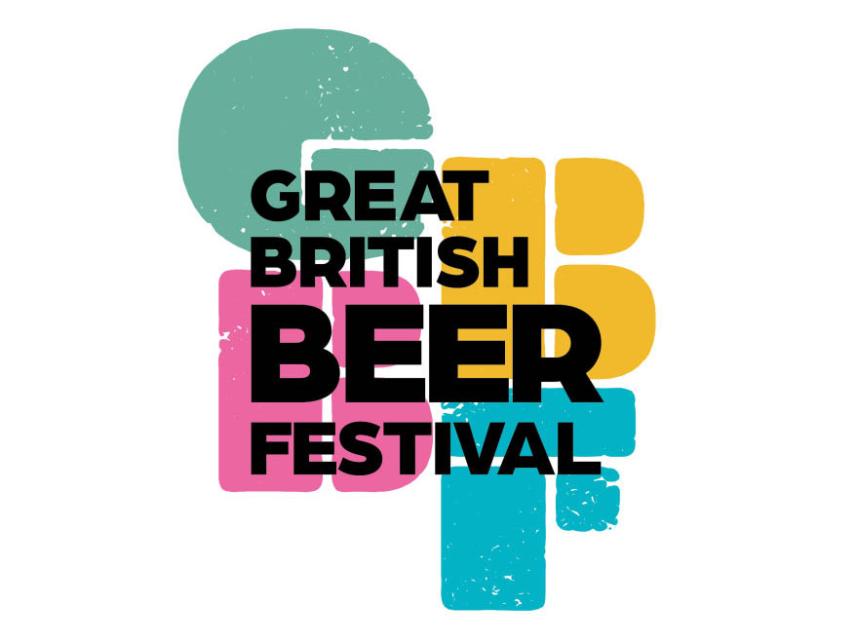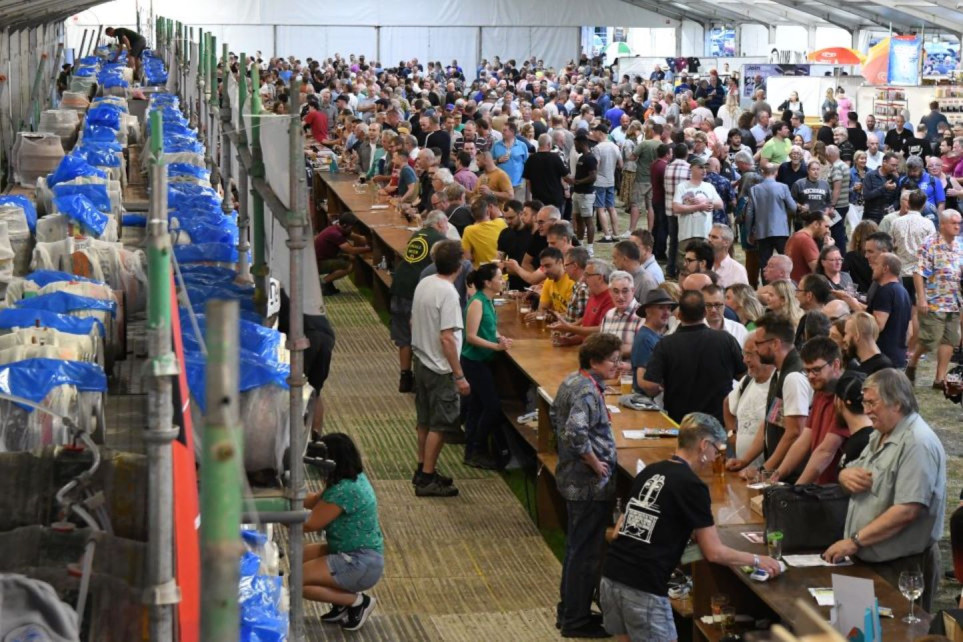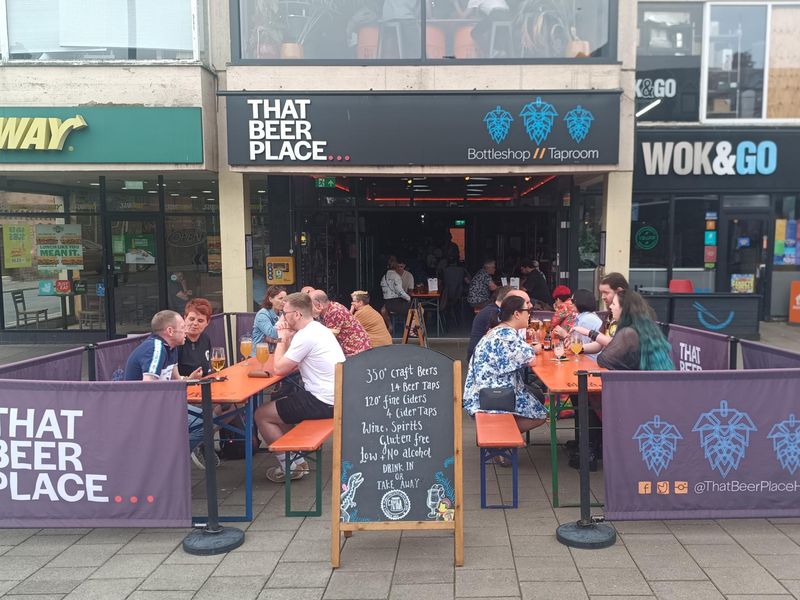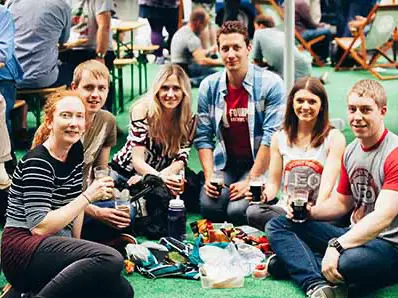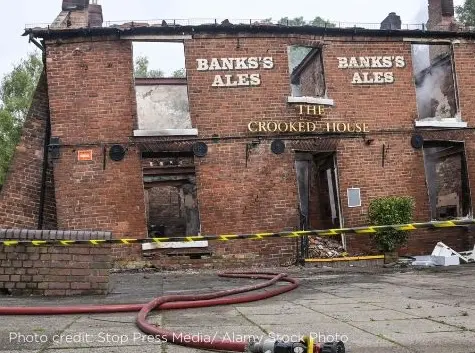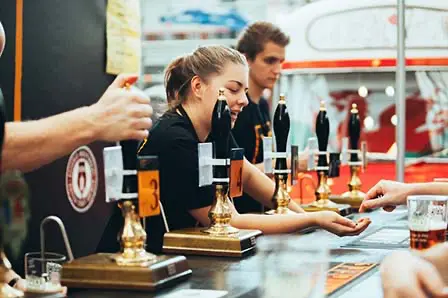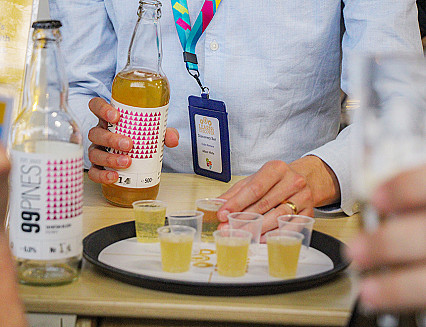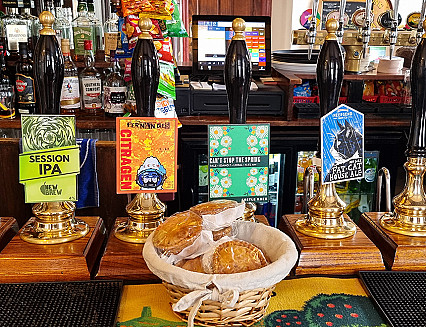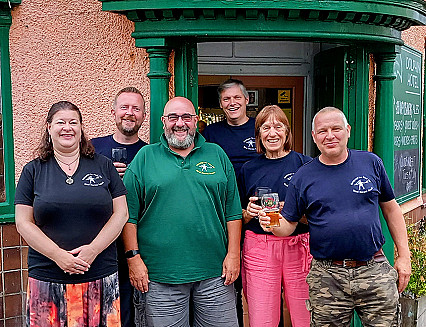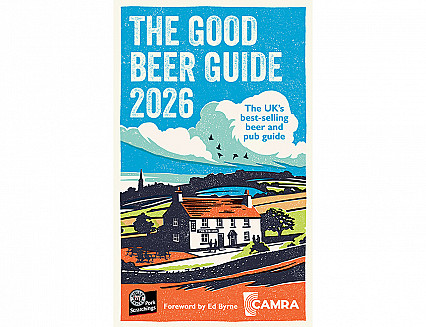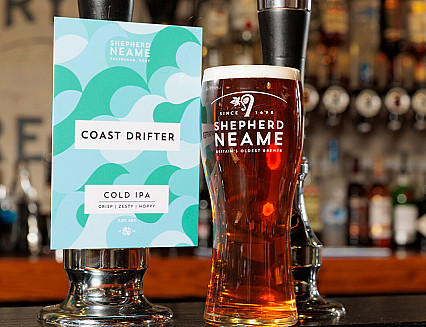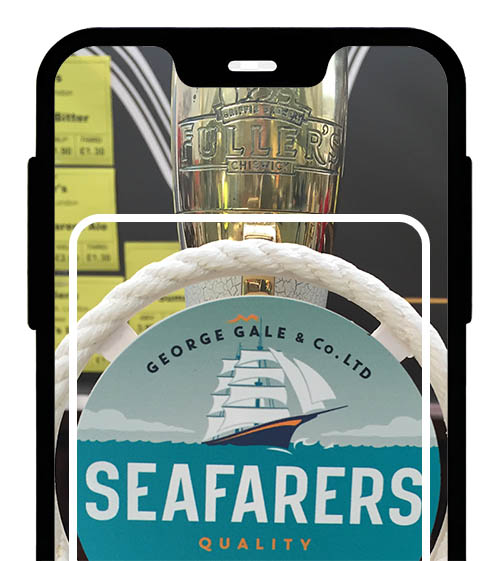I arrived at Round Corner Brewing in Melton Mowbray on the day another small independent brewery had pulled down the shutters. Northern Alchemy in Newcastle said it had called in the administrators as it was overwhelmed by the rising costs of making beer.
It’s a sadly familiar story and I wondered whether Round Corner would still be operating in the town’s historic cattle market. But Combie Cryan, joint founder of the brewery in 2018 with Colin Paige, was busily brewing, though he said he’s been seriously hit by Covid, lockdowns and the recent swingeing costs of making beer.
I was there to write a feature for BEER Magazine and I won’t talk about the beers here but will concentrate on the hassle of modern brewing and retailing.
Melton Mowbray is famous as the home of Stilton and the brewery takes its name from the shape of a truckle of the cheese. The cheese is on offer, along with the town’s other celebrated food, pork pies, in the brewery taproom. And it’s the tap that has been most heavily affected by rising costs.
“The increases in National Insurance and the Minimum Wage have had the biggest impact,” Combie said. “We’ve had to redesign the patterns of shifts and opening hours. The taproom is now shut on weekdays for the foreseeable future.”
He adds prophetic words that explain why 100 breweries closed in 2024 and a similar number are expected to go this year: “These trends have had a deep and chilling effect on the appetite of all breweries to engage in people-intensive activities.
“There’s belt-tightening across the whole sector rather than expansion. The trick in the current climate is either to grow revenues and profits or avoid making losses. The brewing industry doesn’t have high margins and avoiding losses has got harder.”
It’s difficult to comprehend how the government can impose hammer blows on such a key industry as brewing and retailing. The sector contributes £15bn in taxes to the Exchequer every year and employs close to a million people.
And yet the recent imposition of increases in National Insurance and the Minimum Wage means many more breweries will be forced to call it a day.
The MD of one leading regional family brewery told me: “Of course we want to pay the Minimum Wage but the problem is that all the increases came at one time.”
Energy costs will fall slightly this summer but they will still be higher than the rates in 2024. Breweries try hard to reduce their use of water, gas and electricity by trapping steam and recycling water but you can’t make beer without them: even the strongest beer is made up of 90 per cent water.
We underestimate the contribution brewing makes to GDP (gross domestic product). The British Beer and Pub Association (BBPA) commissioned a specialist analysis of the contribution brewing and retailing make to the national economy and the results are startling.
The brewing and pubs sector is bigger than motor manufacturing, air transport, motion pictures and video and TV productions. Such a vibrant and productive industry should be nurtured by government, not bludgeoned by a rising tide of taxes and costs.
But the sector is far from being nurtured. The BBPA says there’s been a 16 per cent increase in costs for brewers and a staggering 43 per cent increase for pubs, which also struggle with the burden of business rates. Not surprisingly, as What’s Brewing has recently reported, pub insolvencies increased by 76 per cent in 2023.
There’s a new success story that gets little attention. Low and no alcohol beer is the second fastest growing industry, with sales up by 22 per cent and expected to grow to 30 per cent. The sector is worth £807m.
While the Sunak government did marginally decrease excise duties on draught beer, Britain remains one of the most heavily taxed beer-drinking nations in Europe. When you hand over £5 for a pint of beer – which is the going rate where I live – one third of that fiver goes to the government.
Does the media report on either the successes or the problems of brewing and retailing? No, but it’s quick to play up a different kind of problem: the perceived harm caused by problem drinking.
The BBC website is currently running a report about the increase in heavy drinking since Covid and lockdown. The report is concerned with people who consume more than 35 units of alcohol a week. It’s certainly a concern as it impacts on the NHS and other social services.
But the number of people drinking that amount of alcohol is minuscule and should be set against the overall picture of a country of moderate drinking.
And how does the BBC illustrate its report? Of course, someone holding a glass of beer, the weakest and least harmful type of alcohol.
What can be done? We must lobby MPs to raise time and time again, until ministers take notice, the need to support beer and pubs and to remove all the roadblocks put in the way of their survival.
Above all, support your local pubs and independent breweries, attend beer festivals and wave the flag for good old British beer.
And if you’re in striking distance of Melton Mowbray on a weekend, visit Round Corner’s taproom and enjoy some Stilton with their prize-winning beers.
